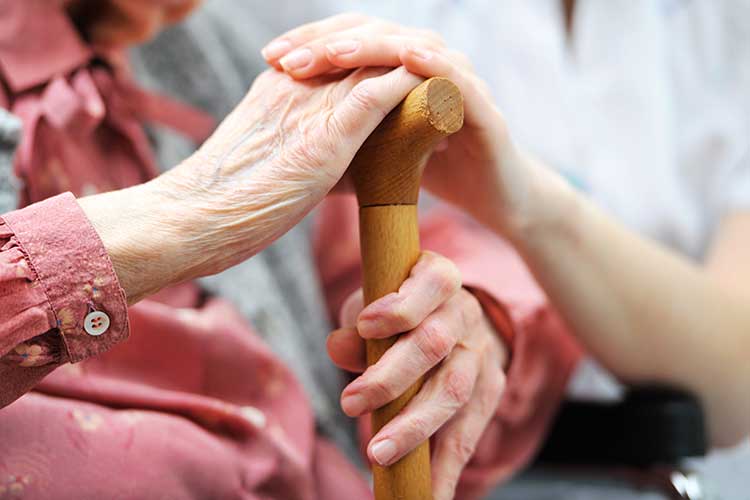End-of-life care is a type of palliative care that seeks to help people with terminal illnesses live their remaining days in comfort and dignity. It is often provided by healthcare professionals, family members, friends, and volunteers. End-of-life care focuses on providing physical, emotional, spiritual, and social support for those nearing the end of their lives.
What Does End of Life Care Entail?
End of life care includes a range of services that can be tailored to meet each person’s individual needs. This may include physical assistance such as providing pain management or helping with daily activities like dressing or bathing; emotional support from family members and friends; giving access to spiritual resources through prayer or counseling; and offering social activities such as outings, visits with family and friends, or even pet therapy for those who are able.
What end of life care involves
End-of-life care also addresses the psychological needs of those facing end-of-life issues. It can include grief counseling for family members, managing difficult conversations about death and dying, or helping patients understand their mortality.
Additionally, end-of-life care may involve providing information about advanced directives so that individuals can make decisions about their medical treatment when they can no longer do so themselves.
What is Palliative Care?
Palliative care is a type of medical care focused on relieving the symptoms and stress of serious illnesses. Unlike curative treatment, which aims to cure a disease, palliative care helps improve the quality of life for individuals with a serious or life-limiting condition.
It centers around the comfort and well-being of patients and their families, often through pain management, counseling, spiritual guidance, and other services.
The goal is to enable individuals to live as actively as possible while facing their condition and to make the best decisions regarding end-of-life plans when necessary.
Importance Of End Of Life Care
End-of-life care supports individuals facing the end stages of life while supporting their families during this difficult time. Receiving proper end-of-life care can help make a person’s final days more comfortable while giving them a sense of control over how they will spend their remaining time.
It also allows them to say goodbye to loved ones meaningfully while allowing families to create lasting memories together.
What are the 5 priorities of end-of-life care?
- 1. Understand patient's wishes – Before death, it is important to discuss the patient's preferences for end-of-life care.
- 2. Create a plan of action – End-of-life care should be tailored to each individual situation and may include palliative care, hospice services, and more.
- 3. Provide emotional support – It’s important to create an environment where the patient feels accepted and respected, with caregivers providing love and comfort.
- 4. Physical needs – Proper pain management is essential in end-of-life care and may involve medication, positioning, or other methods of alleviating discomfort.
- 5. Spiritual needs - Providing spiritual guidance can help patients feel connected to their faith community or beliefs during difficult times.
What is the difference between hospice and end-of-life care?
Hospice and end-of-life care are very similar regarding a patient-focused approach, but there is an important difference. End-of-life care is for people with a terminal illness and involves caregiver support to alleviate the physical and emotional burden on the individual.
On the other hand, hospice care is for those at any stage of illness and does not focus on curing or extending life. Rather, it emphasizes improving the quality of life by controlling pain and providing emotional comfort and spiritual support.
Both services are incredibly important for people nearing the end of their lives, allowing them to stay in familiar settings while providing attentive care to their wants and wishes.
Conclusion:
The importance of end-of-life care cannot be understated. It provides physical comfort and emotional support for those facing terminal illnesses and helps ensure that individuals have control over how they will spend their last days on earth.
For families going through this difficult time, end-of-life care helps provide closure by allowing them to create lasting memories together before saying goodbye for the last time.
By delivering essential physical, emotional, spiritual, and social support throughout this process, end-of-life caregivers play an invaluable role in helping individuals and families cope with the loss at hand in a dignified way.




